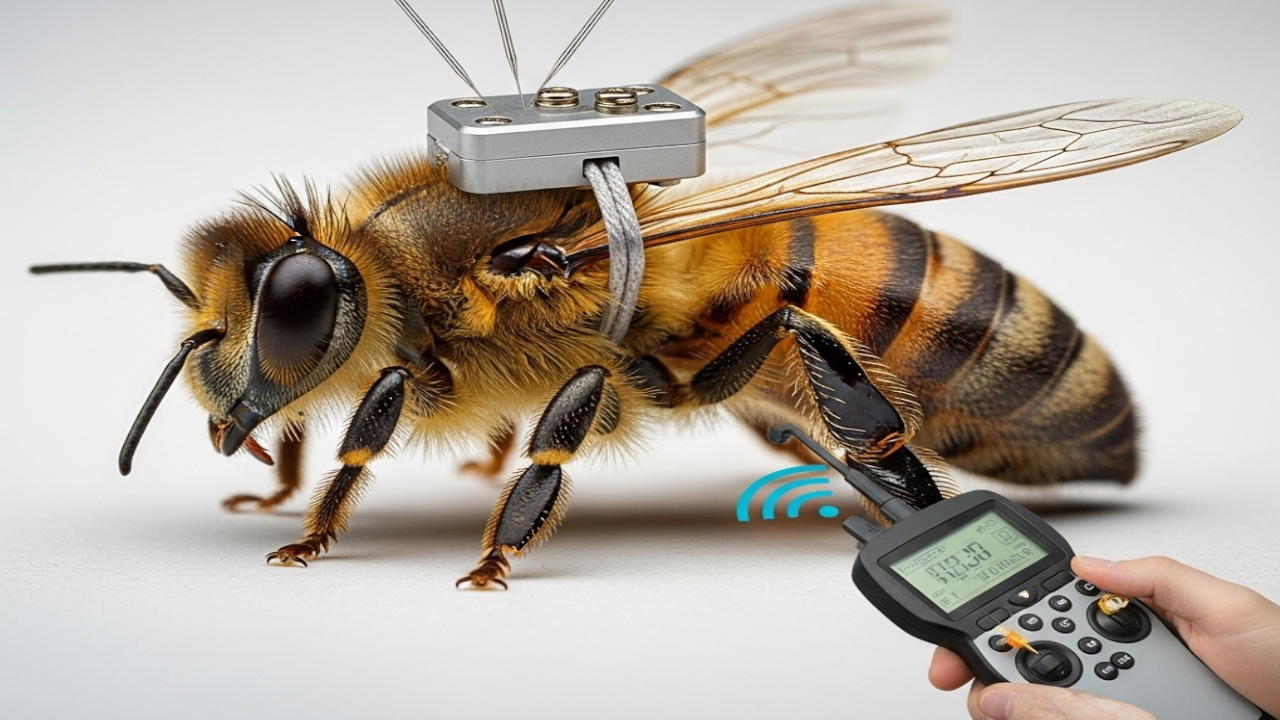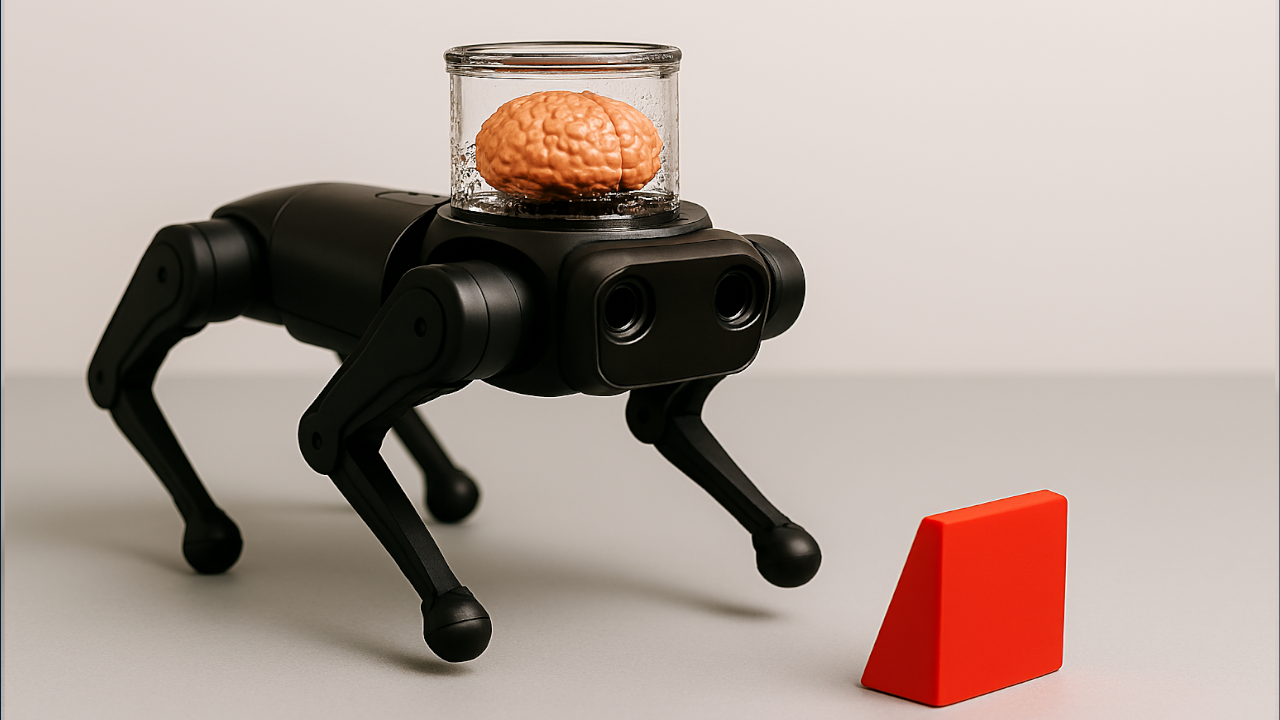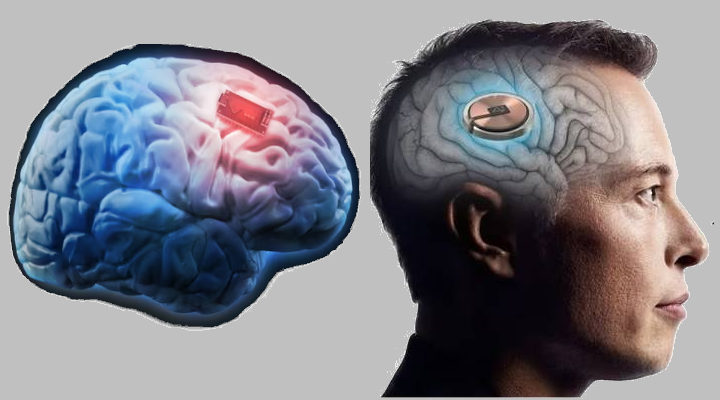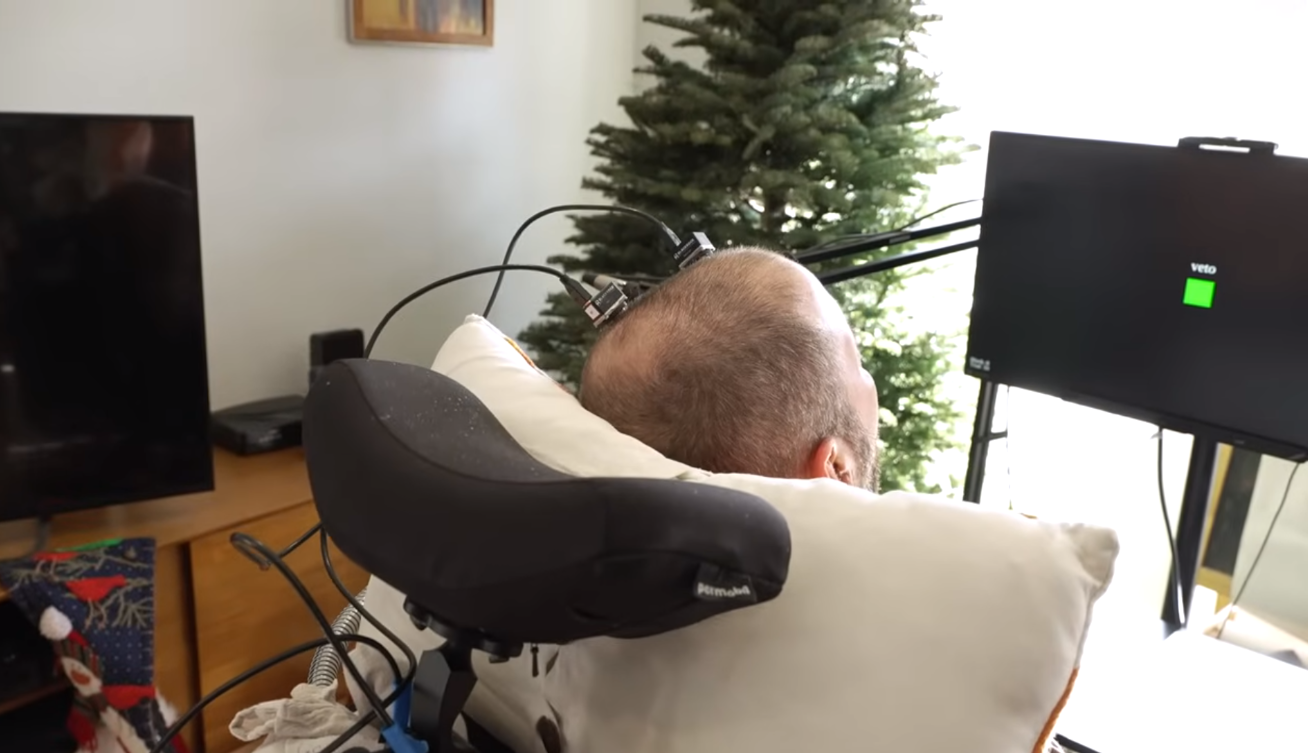Researchers at Stanford University have succeeded in converting internal monologue—the thoughts a person whispers in their mind without speaking—into audible speech using a sophisticated brain chip. This technology offers hope to millions of people with paralysis or speech loss, as it allows them to communicate simply by thinking, without the need for muscular effort or attempting to speak.
Previous similar technologies relied on capturing neural signals from the brain while a person physically attempted to speak by moving their mouth or tongue. The new study, however, bypasses this step and relies solely on brain activity during the act of thinking about speech, without any muscle movement.
The technology works by implanting tiny electrode arrays in the motor cortex, the brain region responsible for speech production. These electrodes capture the weak neural signals the brain generates when a person imagines a word or sentence. Artificial intelligence models are then used to decipher these signals and identify the phonemes—the smallest units of speech—that make up the words.
Interestingly, the neural signals from internal monologue are very similar to those from an actual attempt to speak, although they are weaker. This similarity enabled the AI to assemble the phonemes and convert them into words and sentences that are then articulated by a speech synthesizer. The decoding accuracy reached 74% in real-time, confirming the technology's effectiveness.
The AI models were trained on neural recordings associated with phonemes and then used advanced language models to link these phonemes and form words and sentences from a vocabulary of over 125,000 words. Experiments showed that the patterns of internal monologue largely match the patterns of actual speech, despite the weaker neural signal.
During the experiments, researchers noticed that the chip could sometimes pick up words the participants did not intend to think, which raised serious concerns about the privacy of thoughts. To address this challenge, the team developed a unique "password"-like system that prevents the chip from deciphering internal monologue unless the user first imagines a specific phrase to unlock it.
This system ensures that private thoughts are not unintentionally translated and gives users some degree of full control over what they wish to convert into speech. Experiments showed that this system was highly effective, successfully preventing unwanted decoding 98% of the time.
The study was published in the journal Cell on August 14, 2025, and the technology was tested on four participants, making the sample size limited but promising. The researchers acknowledged that the chip cannot accurately understand free thoughts, but it succeeds when the user is asked to think about specific topics.









